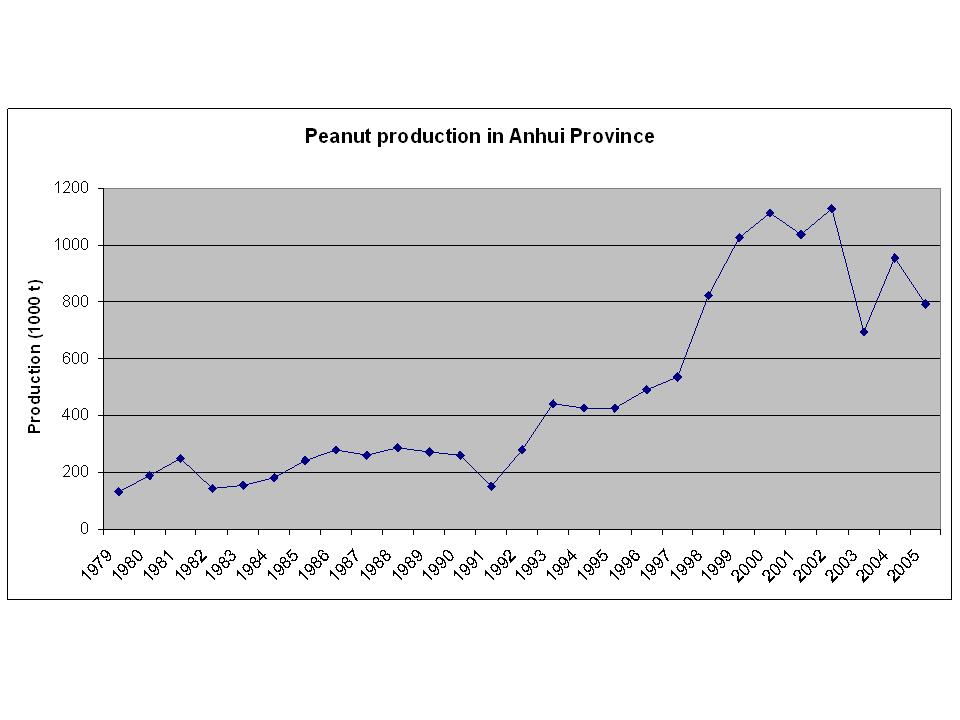One of the tricks that I think advocates miss, on both sides of the North-South divide (if such a divide really exists), is to make common cause. The fact is, agricultural biodiversity is vital to us all, as are most of the topics that float around it. It isn’t just poor rural farmers who are losing local biodiversity, or who possess that mystical indigenous knowledge. Everywhere is local somewhere. And everybody has knowledge. That seems to be a bit of a temporary mania for me right now, but here’s another example, from a blog called Dadtalk.
[T]he West seems intent in burying it’s own historical and tribal knowledge of local biodiversity. Sure, you can find books describing dozens of forgotten herbs, barks and seeds, but do you really know what to do with them? How much Indian knowledge of local plant and animal varieties have been lost for good? What has been lost by the burning of the Amazon and displacing of their native communities? The same is happening in Africa and other Asia nations as well.
The thing is, how to make use of these insights?
